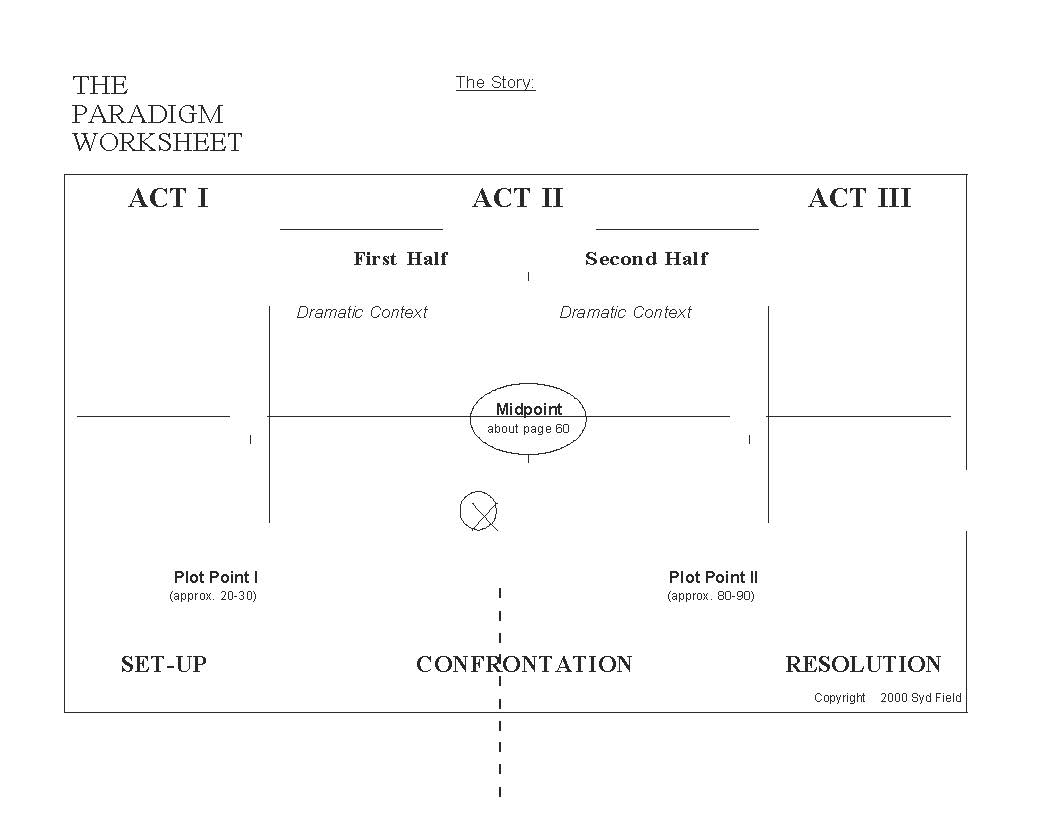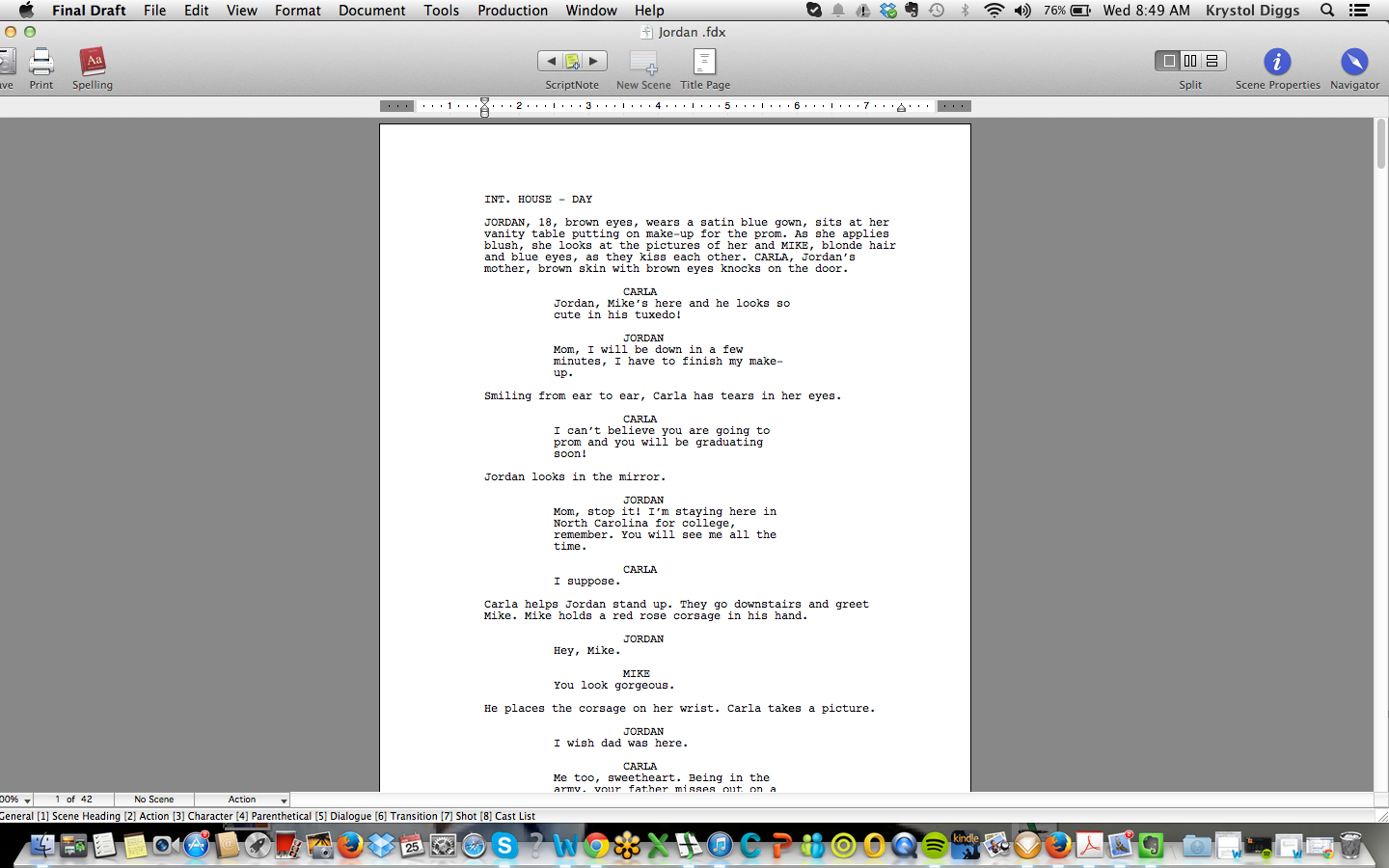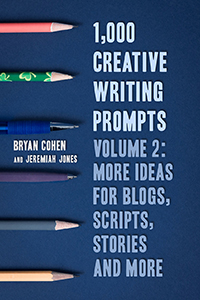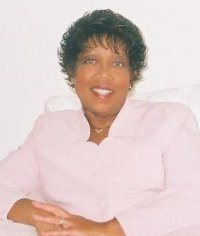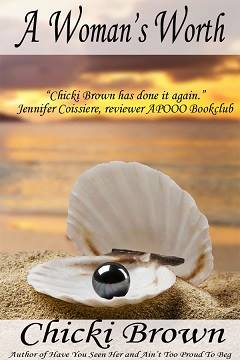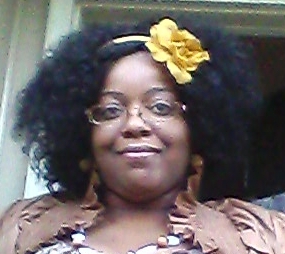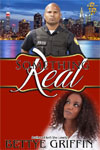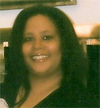
- Rob Shelsky
Okay, I’m going out on a bit of a limb here. I want to discuss something that seems to get controversial at times, because writers seem to have a love-hate relationship with writing associations. Those that love them will defend them to their, figuratively speaking, dying breath. Those that hate them will often vituperatively try to drive their point home in a no-holds-barred diatribe. As for the neutral folk on this subject, few though there still may be, it’s a darn hard position to sit on that proverbial fence—very uncomfortable, to say the least, because the vast majority don’t want anyone sitting there. They want everyone to take sides on the subject of writing associations, it seems.
Yet, despite the philosophically inflammable nature of whether to join writing associations or not, I think it is a topic that needs discussion. Why now? Well, I just decided to join the SFWA (Science Fiction Writers of America), after having equivocated for some long time about doing so. It’s been so long, in fact, that my qualifying sale was almost obsolete! Of course, part of my delay was simply that I didn’t qualify—I hadn’t sold any stories “professionally” (as defined by the SFWA).
Anyway, let me back up and start at the beginning. When I first began to write, I became a columnist for AlienSkin Magazine. Now, sadly, that magazine has finally closed its doors this year, but only after almost a decade of having published online as a paying magazine, although, not at “pro rates,” again, as defined by the SFWA. And this sort of thing has been a problem for many writers. We are published, and some of us, as with me, are published very often, but it isn’t at the “defined” rates that are considered those of professional writers for various writing associations’ purposes, or through the types of publishers, they demand. For instance, some organizations do not recognize “eBook” publishers” as fitting their requirements for authors being “published.”
So one reason for my delay in joining SFWA was simply many magazines weren’t on their list, or didn’t pay the necessary minimum rates to authors. Besides this, I had asked an editor what she thought of joining SFWA, and her answer was rather equivocating, feeling it was very much up to the individual as to whether it was at all worthwhile or not. After all, it costs money—every year! So a writer has to ask him or herself always if something is worth the expense, if the “payback” is good enough to justify the costs.
I don’t know about you, but it seems everyone nowadays wants to “help” authors in some way (advertising, publishing, printing, PR exposure, workshops, promotions, etc.), and it always costs! But as a writer, I want to make money, not constantly spend it. So, I didn’t actively pursue joining a group that would cost me a significant amount of money on an annual basis. What’s more, I didn’t want to be bound to having to adhere to the list of publishers they allowed.
So why did I finally join the SFWA? Well, for one thing, it is a very old and prestigious organization. For another, there are definite benefits to an SF author there that can’t be found elsewhere, such as contacts, awards, etc., that if you are not a member, you simply don’t have much access to. So for me, joining SFWA, I think, was finally the right decision. And I have to admit, I feel a certain small sense of superiority at having been accepted by them, so there is that touch of snob appeal, as well. Yes, I’m shallow…but also, there can be no doubt they are an excellent organization for Science Fiction authors.
Moreover, most writers think this when it comes to whatever organization they join that represents their genres best, as with Romance Writers of America. And there are similar such organizations for mystery, horror, fantasy writers, and many others. But the point here is that we writers must think the benefits are worth the costs. With SFWA, I believe this to be so for me, at least. And many feel the same way about RWA and all those others.
But do these organizations always benefit authors? Well, that depends on the writer’s principle reason(s) for joining, I suppose. For example, I joined EPICTM, a few years back, because some fellow authors told me it was “created by authors for authors,” as they put it. Apparently, this was indeed so at one time, and by that organization’s own statement. However, I didn’t realize that this notion had changed considerably since the original founding of the group. As their own site, under “About Us,” now says:
“Once an authors’ organization, EPICTM has expanded to include hundreds of professionals from all facets of the electronic publishing industry…members work together in a unique collaboration to further the industry…” [Emphasis and Underscoring Added.] (Source: http://www.epicorg.com/about.html)
Now this may be fine for those who are now members, but it wasn’t at all why I had joined, paid my money, if you know what I mean. You see, I recently had been burned at several eBook publishers, as an author, just about that time. I wanted more protections for authors in the exploding eBook market, and as a direct result of those experiences. That’s why I joined what I thought was an organization founded by and for authors.
Well, I quickly found out this idea put me at direct loggerheads with many in EPICTM. This was especially true, since the president and board were made up mostly of eBook publishers and editors (or former editors) of such companies at the time, and because, as you can see by their statement above, many of the actual members were eBook publishers and editors, as well. They all viewed the situation very differently from me. My viewpoints, sadly, were seen as a direct threat, or at least a challenge to their goals, although in all honesty, this had not been my intention. But even so…
So I withdrew from EPICTM before my first year was even up with the group. It was better than putting up with a long list of horrible emails sent to me, or posted in the public forum there, because of my pushing for authors’ rights. (Apparently, many saw this as some sort of attack on eBook publishers, which again, hadn’t been my intent at all.) In fact, I was taken off guard by the sheer vehemence of some of those who opposed my ideas, because to me, they had seemed innocent enough—just some simple protections for authors to aid them in choosing a “safe” and “reputable” eBook publisher.
So for me, personally, EPICTM wasn’t at all about authors’ protections anymore, so much as it was about publishers, editors, and many authors promoting eBook publishing itself. And that’s fine for them, but it certainly wasn’t for me. The aim of the group no longer coincided with what I wanted—protection for authors against predatory practices by some new, and definitely “fly-by-night” eBook publishers, of which I’d already been a victim.
So that’s an example of having to decide if a group is right for you. EPICTM just wasn’t for me. However, for others, who do have an active interest in promoting epublishing, the organization probably has many benefits. But as an author, I’m not so concerned personally with what type of publisher I publish with, so much as I’m concerned about just getting published with a reputable publisher, for good money, and with one who will help promote my career. This can be either actual print or eBook. I don’t care which it is, personally. I just like being published.
Now, how about other organizations, such as Romance Writers of America? Well, those who love it really do love it. And those who don’t, well, they don’t at all. Does Romance Writers of America (RWA) have many benefits for its members? According to many, it does. But it’s not cheap to be a member, and membership is limited in many ways. As a General Member, for instance, you must be “seriously” pursuing a career in romance writing, as their website says.
However, besides this, from what I’ve read on their site, you cannot be involved as a General Member if you are also an editor, agent, publisher, columnist, etc. I understand the reason for this restriction, but it is still a rather daunting one for many of us. Because if you are such (editor, publisher, agent, etc.), you have to go in as an “Associate” member, apparently, which is a much more restricted membership. For instance, they do not have voting rights.
Well, although I do write romances, have had several books published which are selling well right now in that genre, these provisions preclude me from being a General Member, since I also “seriously” am writing in the Science Fiction, Fantasy, and Horror genres, as well, and even more so than in romance. This doesn’t mean that I don’t want to be a good romance writer, too, but it isn’t my sole goal or aim. Also, since I do edit and am an editor for Wonderlust Magazine, I also cannot hold General Membership for those reasons. And my attitude is if I can’t vote, than why bother paying those annual fees?
Of course, I’m not saying there are not benefits to joining RWA. Of course, there are! But again, it’s just not for me. I had to make the decision, go by their own guidelines for General Membership, and so simply cannot become such a member. Nor, under such circumstances, do I want to be in the organization, restricted as I would be, and not allowed to vote. But for the author who wishes to pursue “seriously” a romance fiction career, and is not an editor, agent, etc., than perhaps RWA is the way to go. You must decide this for yourself.
So do you see what I mean, what I’m driving at here? Membership in each of these and other organizations is contingent on many variables. These can be number of books/stories sold, who you sold them to, what payment you received, and/or other things such as what career you wish to “seriously” pursue, whether or not you are also writing “seriously” in other genres, whether or not you are a publisher, editor, agent, as well, etc. These last are difficult, because many of us writers resort to these sorts of jobs to help us make enough money to continue writing. We often wear many different working caps. Plus, for me personally, being an editor seems to improve my own writing skills, since the job trains me to look for things editors don’t want in submissions (and for what they do want). So I like being an editor, as well as being a writer.
So should you join a writing association of some sort? Perhaps, but the choice must be strictly yours. You should research them carefully, weigh the positives against the negatives, and only then put down your money for membership. And always remember; you chose to be a member, and you can “unchoose” that decision at any time. And yes, I know “unchoose” isn’t really a word.
In any case, my point is you are not bound forever once you have made such a choice. And do remember, as with any organization involving humans, there will be those inevitable cliques there, those who play power games, and/or have their own particular axes to grind. That’s just life. So you have to either be able to deal with these aspects, or avoid joining such organizations. I will say this; things became so heated when I was in EPICTM and so time consuming and disturbing, that it was a relief for me to leave the group. I’m sure some of those in the group also felt the same way about me leaving there! Again, that’s just life. EPICTM wasn’t right for me, but who knows; it may be right for you.
As for me, I’m now delighted to be a member of SFWA, feel happy to be there, look forward to the benefits, want to contribute, and yes, I feel just a little smug about being a member. What can I say? Again, I’m just shallow!
Rob Shelsky
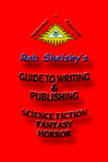 Don’t Miss Rob’s Latest Science Fiction Anthologies, Where Worlds Collide I & II, at:
Don’t Miss Rob’s Latest Science Fiction Anthologies, Where Worlds Collide I & II, at:
http://www.amazon.com/gp/search/ref=sr_tc_2_0?rh=i%3Astripbooks%2Ck%3ARob+Shelsky&keywords=Rob+Shelsky&ie=UTF8&qid=1298820526&sr=1-2-ent&field-contributor_id=B002BO9RIE
For Links To All Rob’s Stories, Check Out His Web Page at:
http://home.earthlink.net/~robngeorge/
Smashwords: http://www.smashwords.com/books/search?query=rob+shelsky
My Blog: http://robshelsky.blogspot.com/
Note: The first time you comment on this website, the comment must be approved before it shows. After it’s approved, your subsequent comments will post automatically.
To celebrate the official launch of this Website, I’ll be giving away a few advance review copies of the print version of Become A Successful Author, which is due for release February 2012. Be one of the first to hold a copy in your hot little hands. I will also be giving away a copy of Guide to Writing & Publishing Science Fiction, Fantasy, Horror by Rob Shelsky and a copy of Book Marketing & Promotions on a Budget: Quick Tips by Shelia Goss . All you have to do to be eligible is comment on the blog posts Sept. 8 – 12, 2011. The more you comment, the greater your chances of winning a copy. Shy, don’t want to comment? Be sure to sign up for my newsletter. Besides notices of the articles, you’ll receive goodies like a chance to receive an advance review copy of Become A Successful Author.
Don’t miss out on future posts. Be sure to subscribe to the Become A Successful Author newsletter.
Become A Successful Author Table of Contents
Purchase the eBook version of Become A Successful Author from: Amazon, Barnes & Noble
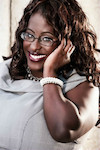 You have this great novel that has probably sold well and now you think it will be a good film. I know that writing a novel is no easy feat, but now it’s time to adapt your baby into a screenplay. It may be difficult to some, but here are some easy tips that will help you.
You have this great novel that has probably sold well and now you think it will be a good film. I know that writing a novel is no easy feat, but now it’s time to adapt your baby into a screenplay. It may be difficult to some, but here are some easy tips that will help you.